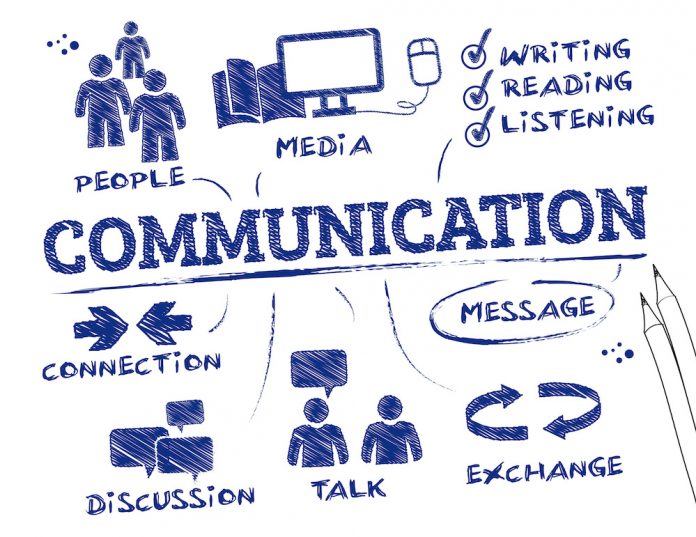
From supply chain issues to sweeping layoffs to business transformations, uncertainty exists in the workplace for professionals across all industries. To combat this uncertainty, many organizations have increased their training around behavioral skills—which fall under the umbrella of soft skills—instead of hard technical skills. Behavioral skill training can increase an employee’s emotional resilience, making it easier for them to handle uncertainty at work.
The most forward-thinking organizations will invest in ways to elevate their employees’ behavioral skills in 2023 and beyond.
Upskill Your Company’s Behavioral Knowledge
In an environment of uncertainty, soft skills are paramount. Without teamwork, emotional intelligence, flexibility, and resilience, adaptability is not possible—and adaptability is critical to remaining agile during uncertain times.
Some of the most in-demand soft skills in the workplace include problem solving, collaboration, creativity, and leadership. These skills are not only in demand for leadership roles but also for roles across the company. In a study by CoachHub, data showed that the most sought-after behavioral skill in the workplace is conflict management. Conflict management is a crucial skill for employees during periods of uncertainty and change because of the ongoing pressures inherent in transformative times.
Digital coaching can cultivate the maturation of soft skills. Coaches tailor their coaching methods for each employee to avoid skill gaps and spend extra time on concepts the coachee may struggle with to best round out their knowledge. Investing in coaching benefits the entire organization.
Coaching catalyzes behavioral change in the workplace, but internal coaching often is viewed as mentoring or corrective action. Using a third-party coach is a high-value method of advancing behavioral skills and fostering new ways of working. Additionally, employees feel better equipped to cope with uncertainty because coaching provides a safe space for an employee to discuss their concerns.
Growth of Behavioral Skills Needs vs. Technical Skills Needs
With changes in employee needs comes a need for organizations to adapt to better support them. Digital coaching enables this support, providing personalized programs so employees can focus on specific areas where they need extra support, such as certain behavioral skills.
Coaching is a proven way to develop emotional skills. One-on-one coaching encourages employees to take actionable steps toward their established goals, including refining skills such as conflict resolution. Coaching enables an employee to identify their conflict management style and work with a coach on the best way to act on that style. When employees can recognize the styles of conflict management others use, they can resolve conflicts as gracefully as possible. Beyond that, coaching helps employees establish and maintain positive work relationships, motivating them to equitably resolve conflicts.
The smartest organizations are listening to the call for coaching. As the second-fastest growing sector in the world, the coaching industry’s valuation is predicted to increase by $5 billion over the next several years, according to CoachHub’s research. In fact, 89 percent of respondents who use coaching products predict an increase in coaching investments over the next 12 months. Further, 47 percent of respondents plan to reskill or upskill their people to support business changes. Investing in a coaching solution as a customized approach to upskilling can help employees of all levels reach their goals.
A Unique Approach to Behavioral Training
Every employee has their own approach to learning technical skills—some learn best with a hands-on approach, while others benefit most from reading about a topic. The same can be said for behavioral skills: Everyone has their own approach to learning, so personalized coaching benefits everyone who participates.
However, in the U.S., only 15 percent of companies use individualized learning and development (L&D) programs, and many have implemented company-wide blanket L&D programs. Coaching combines the individualized focus employees desire with the soft skills development the current workforce needs, positioning both companies and their employees for greater success.
To better support their employees and organization overall, leaders should prioritize the opportunity to improve the skills most sought after by their workforce. Even more so than technical skills, behavioral skills require a unique and individualized approach that likely won’t match up to the company-wide trainings many have already enacted. By investing in coaching in the workplace, employees can better evolve and maintain the behavioral skills they want, so they can succeed in their organization.


